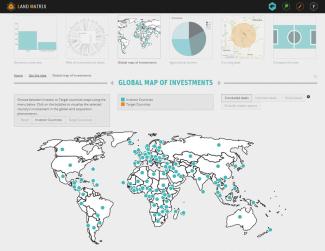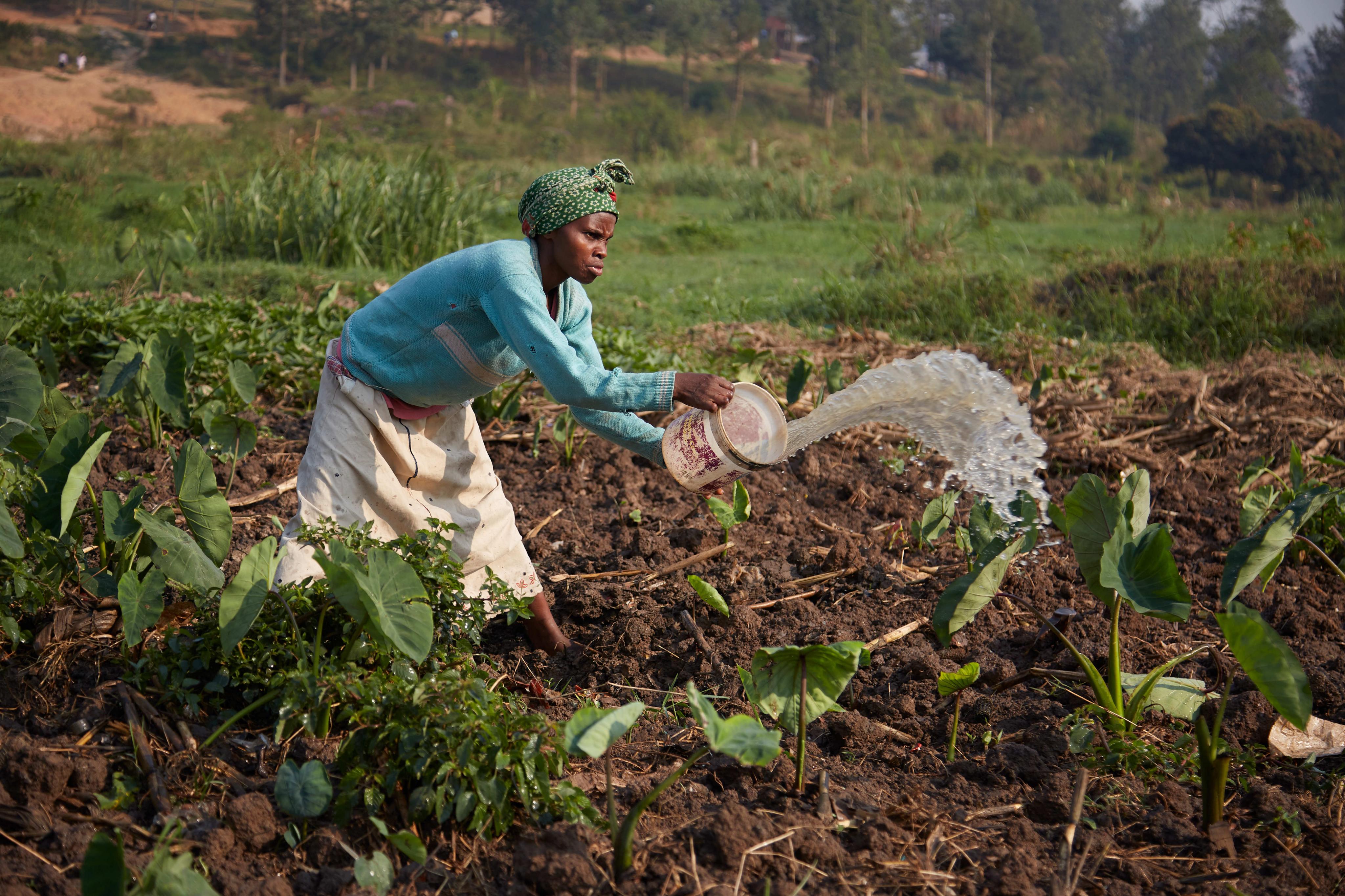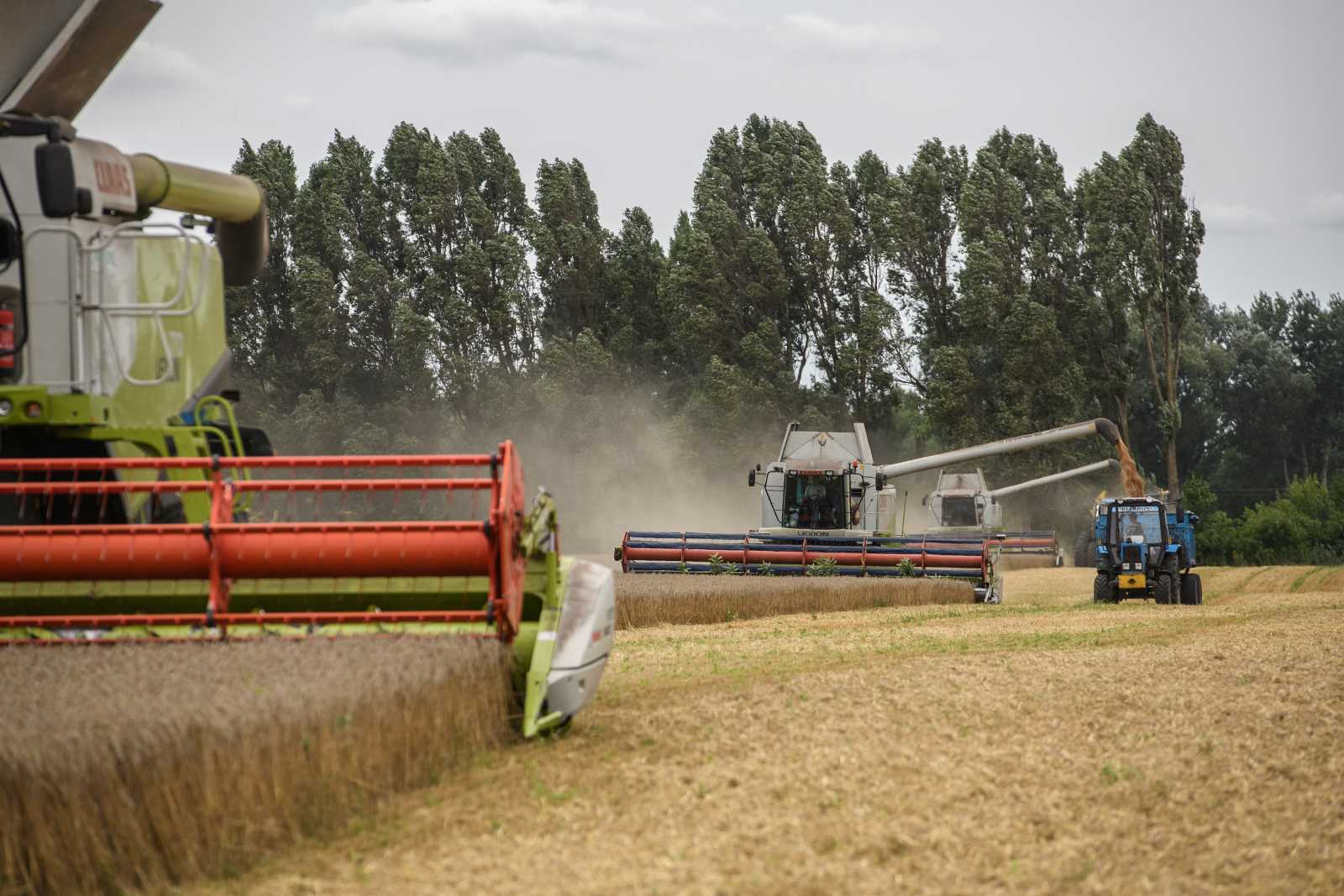Land ownership
Casting light on land deals

The Initiative is focusing on the operation of transnational corporations in countries with low and middle incomes. Its website offers insights into land deals all over the world. It uses tables and graphs to provide an overview of what kind of land is used in what ways, indicating where land transactions are being planned, negotiated or enforced. The categories “reliable” and “non reliable” show that the quality of information varies.
The Land Matrix Initiative recently published this year’s annual report. It includes data concerning 1,204 finalised land deals regarding 42.2 million hectares. The numbers keep rising, however. The data was collected by a global network of non-governmental organisations, political leaders and private citizens.
The report focuses on agriculture and states that fields are predominantly used to cultivate food, though bio-fuels matter increasingly.
The experts point out that the group of countries affected by major land deals is diverse, including Indonesia, Ukraine, Russia, Papua-New Guinea or Brazil. The most affected continent, however, is Africa, and Asia is the second most affected.
The investors are from many different countries, including Malaysia, Britain, Singapore and Saudi Arabia in particular. Private-sector companies from Europe and the Middle East are said to be interested in African and Asian land, whereas competitors from emerging markets tend to invest in their own world regions.
Foreign investors often enjoy some kind of support, according to the Land Matrix Initiative, and investment funds often have a bearing on negotiations. Governments tend to support private investments in the hope of boosting the economy by generating employment or improving infrastructure. The authors point out, however, that many projects are short term and never get beyond their initial phase. The authors insist that long-term perspectives matter and socio-economic impacts must be considered.
According to the report, local people are hardly involved in the negotiation of land deals even though they suffer the impacts. More than 50 % of all land sold was previously used to grow food crops, the authors state, and that shows two things: the regions concerned are populated, and local food production depends on land (also see main article).
Reference
Land Matrix, 2016: International land deals for agriculture. Fresh insights from the Land Matrix. Analytical report II.
http://landmatrix.org/media/filer_public/ab/c8/abc8b563-9d74-4a47-9548-cb59e4809b4e/land_matrix_2016_analytical_report_draft_ii.pdf











